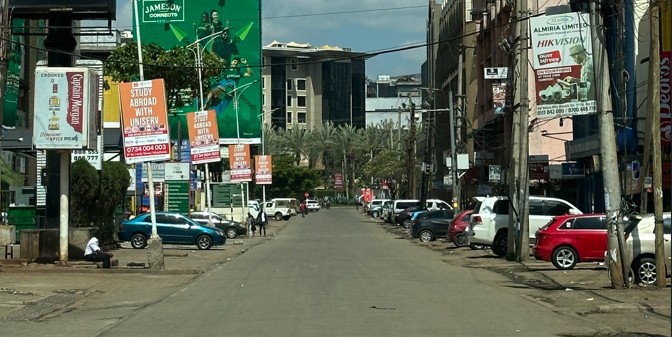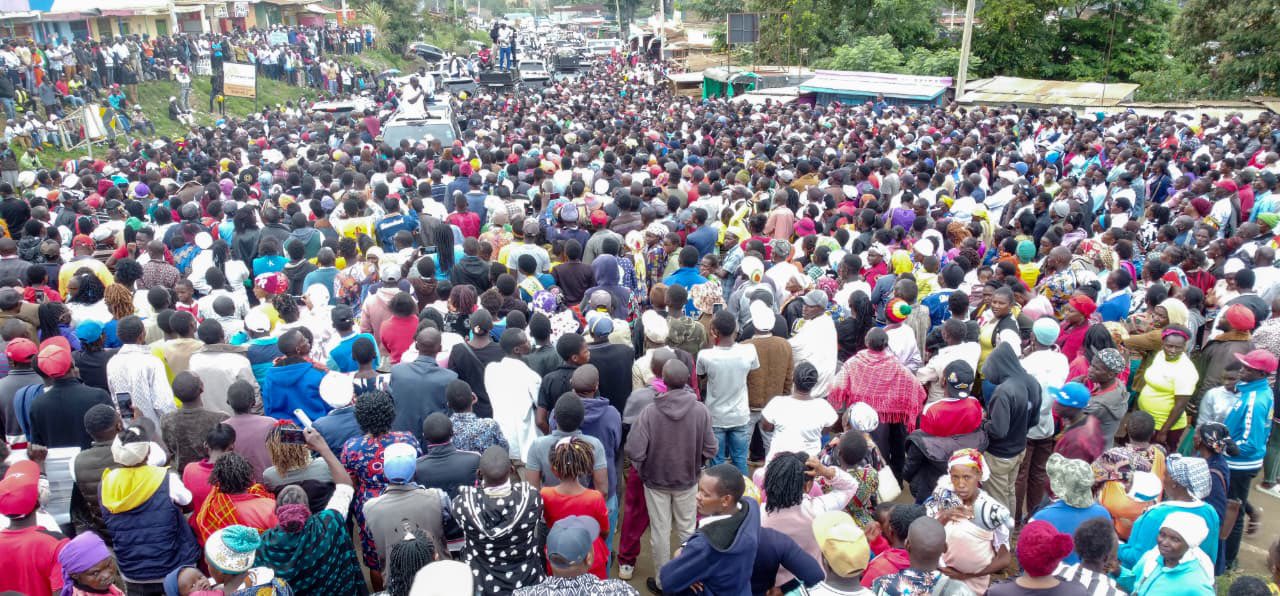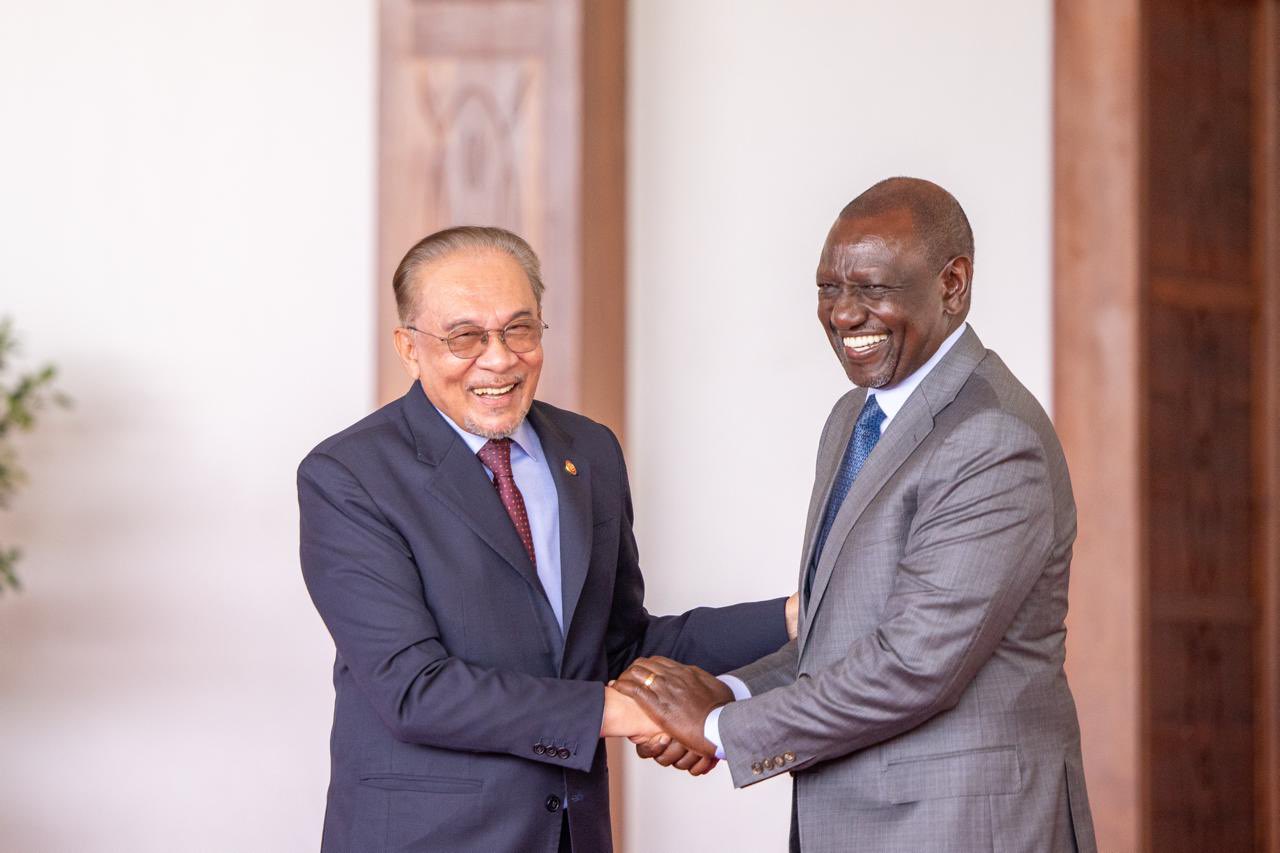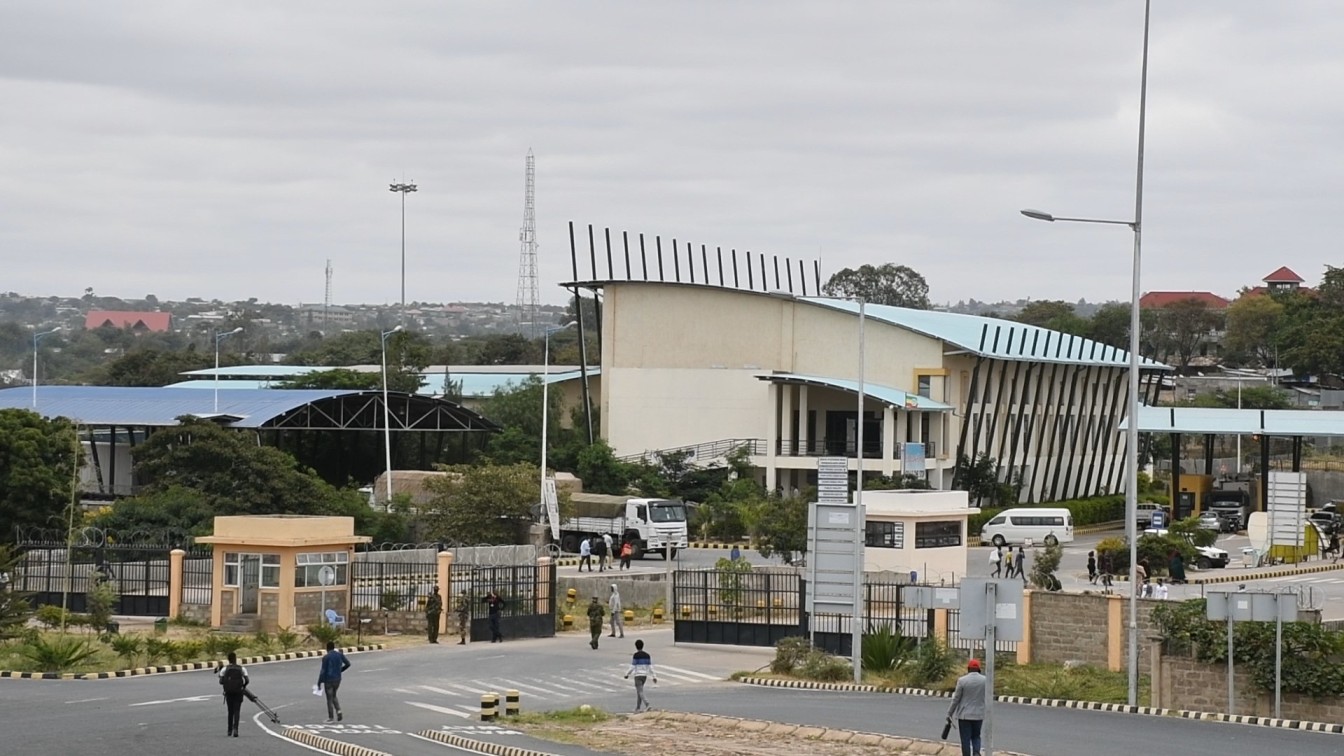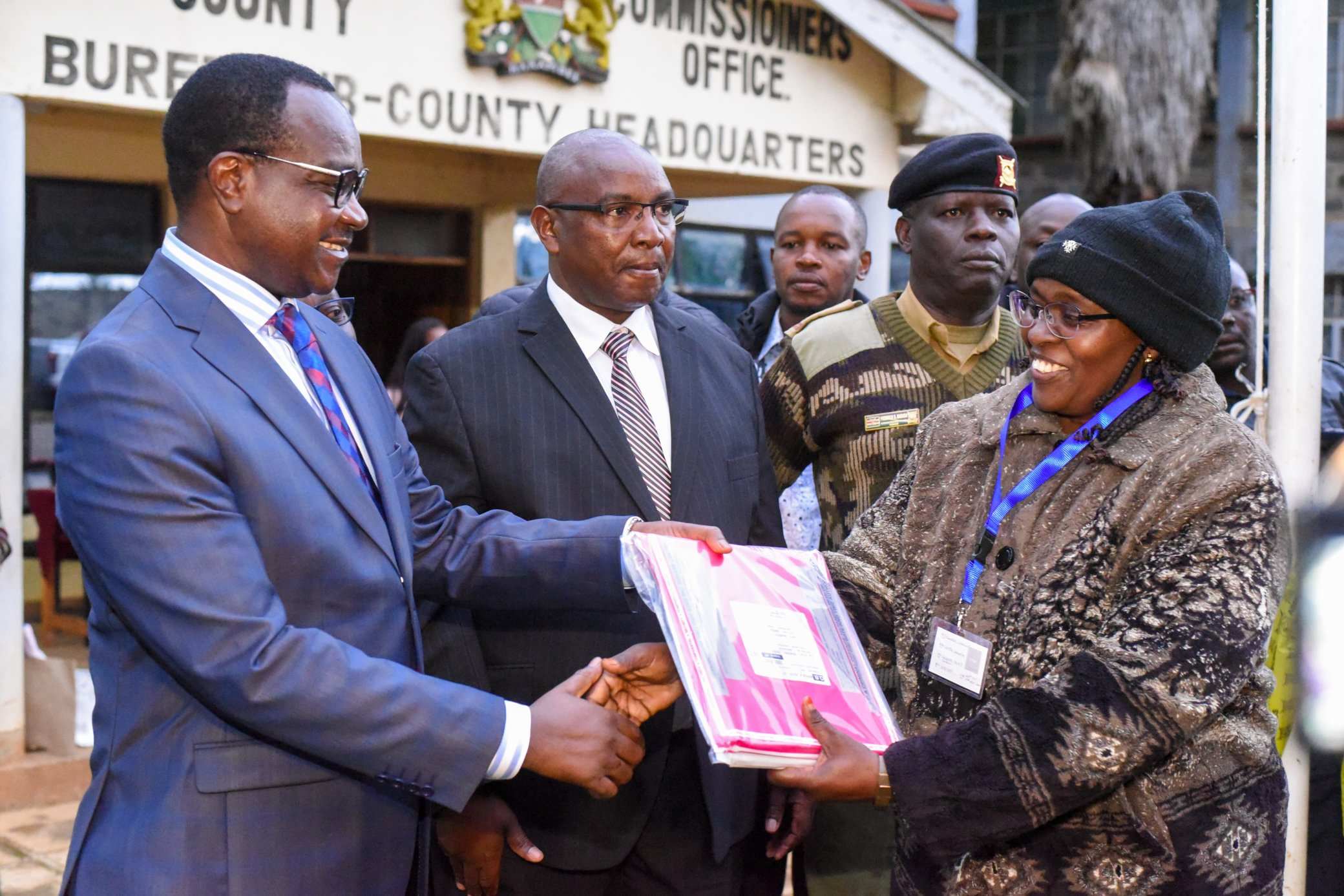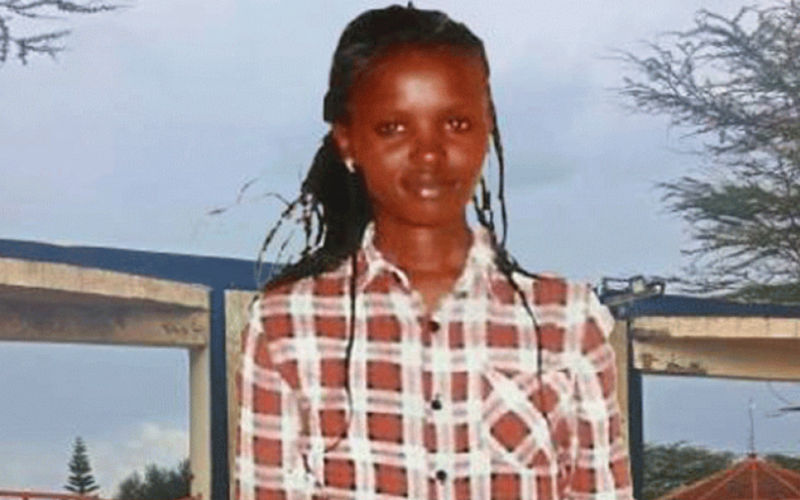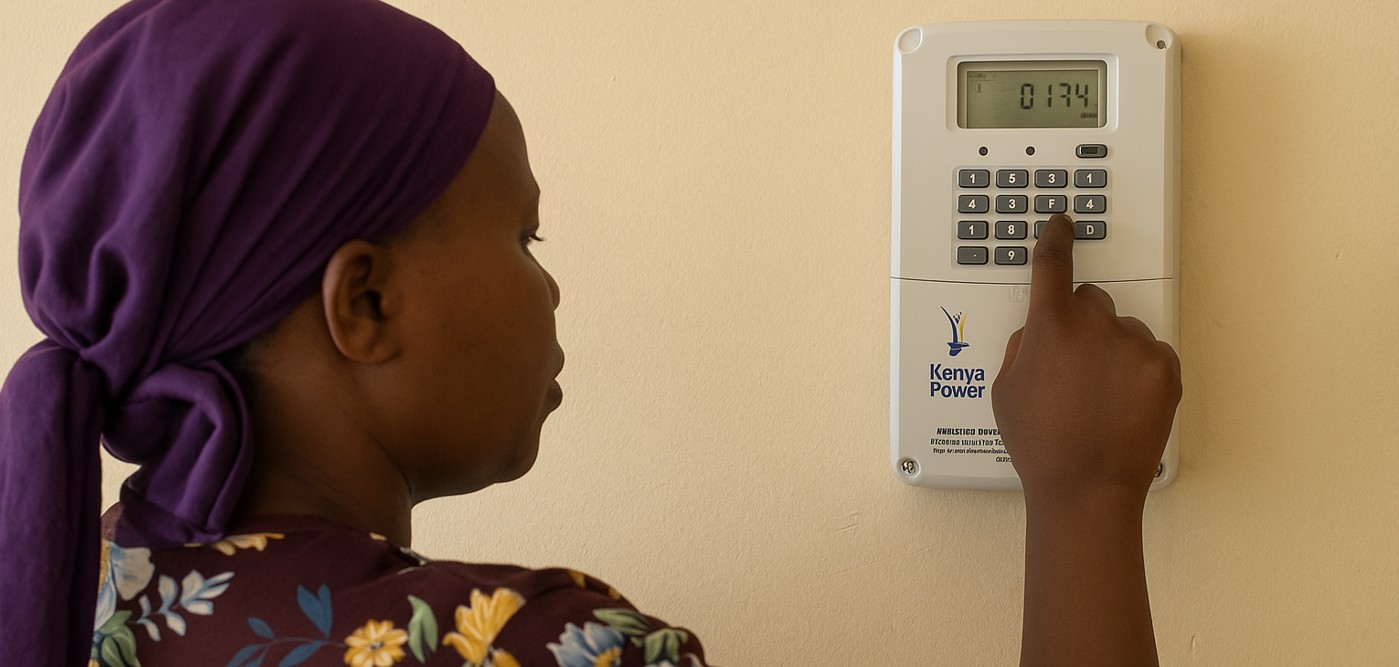Men dominate Judiciary complaints and case filings as gender gaps persist despite digital progress
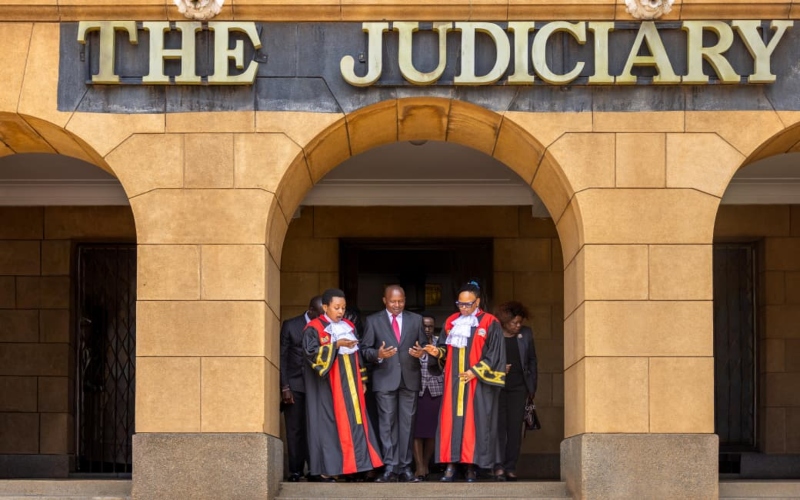
While men dominated criminal, civil and traffic cases across all courts, the report indicates women’s participation was largely limited to family-related matters, such as adoption and probate, highlighting persistent gender gaps in access to justice.
Men lodged the bulk of complaints and filed most cases in the Judiciary, accounting for 928 complaints compared to 179 by women, the latest State of the Judiciary report shows.
While men dominated criminal, civil and traffic cases across all courts, the report indicates women’s participation was largely limited to family-related matters, such as adoption and probate, highlighting persistent gender gaps in access to justice.
More To Read
- Judiciary reports 17 per cent drop in fines collected for minor offences in 2023/24
- Top 10 counties account for 68 per cent of Kenya’s legal cases, says report
- CJ Koome warns new advocates against misappropriating clients’ compensation
- Small claims courts pump Sh21 billion back into Kenya’s economy since 2021
- Judiciary holds historic 'closing of files' ceremony to honour fallen judicial officers
- LSK demands probe into alleged judicial misconduct at Maua Law Courts, accuses magistrates of shielding officers
The Judiciary recorded 621,425 case filings in the financial year ending June 30, reflecting a rise in litigation even as women remained significantly underrepresented. The report also raises judicial accountability concerns, showing unresolved complaints against judges and staff during the period under review.
According to the report, the Judicial Service Commission (JSC) received 143 petitions seeking the removal of judges, up from 100 in the 2023/24 financial year. The Office of the Judiciary Ombudsman received 1,107 complaints, slightly down from 1,115 the previous year. The JSC also processed 10 disciplinary cases involving other judicial staff.
The most common offences recorded among staff included 32 cases of desertion of duty, 27 cases of absence from duty and 17 cases involving soliciting or receiving bribes.
Complaints submitted to the Office of the Judiciary Ombudsman primarily touched on court services, with users reporting issues such as judicial discretion, missing files, adjournments and delayed trials. At the Court of Appeal, the main grievance involved date allocations, raising concerns over the predictability of hearings. At the High Court, most complaints centred on procedural delays and challenges in case management.
Despite achieving a commendable 104 per cent case clearance rate, the Judiciary continues to grapple with glaring gender disparities. Women accounted for only 28 per cent of litigants in superior courts and an even lower 11 per cent in magistrates’ courts.
A breakdown of different case categories shows mixed trends. In family-related matters, women were more visible, constituting 51 per cent of adoption cases and 40 per cent of probate and succession cases in the High Court. However, their participation was markedly lower in other areas, with women representing only 22 per cent of litigants in civil appeals and 13 per cent in constitutional petitions.
Criminal dockets were overwhelmingly male. Men accounted for 92 per cent of accused persons before magistrates’ courts, 93 per cent of murder cases before the High Court and 99 per cent of traffic offences. In civil matters, men represented 74 per cent of plaintiffs.
The trend remained consistent in specialised courts. Female litigants comprised 27 per cent of cases filed at the Environment and Land Court and only 15 per cent at the Employment and Labour Relations Court.
Gender gaps were similarly visible in children’s matters. Boys accounted for 94 per cent of children in conflict with the law over criminal offences. In matters involving children in contact with the law, including custody and guardianship, boys constituted 93 per cent of the caseload.
Other judicial forums recorded identical patterns. In the Kadhis’ Courts, men accounted for 65 per cent of applicants, while in the Small Claims Court, men filed 80 per cent of cases.
During the year, the Judiciary expanded access through six new magistrates’ courts and three new Small Claims Courts. Digitisation efforts saw 322,295 case files converted into digital form.
However, the institution faced a funding deficit of Sh22.12 billion, stalling key projects such as the construction of courts in Mihang’o and Kasarani, which in turn worsened backlogs in high-volume stations.
To ease case congestion, the Judiciary intensified the Mahakama Popote initiative, redistributing 19,089 cases to less burdened courts, with 14,240 of them concluded. Alternative justice systems helped resolve 677 disputes through community mediation.
Cases referred to mediation during the period carried a combined value of Sh63.53 billion, with successful settlements amounting to approximately Sh26.5 billion.
Top Stories Today

